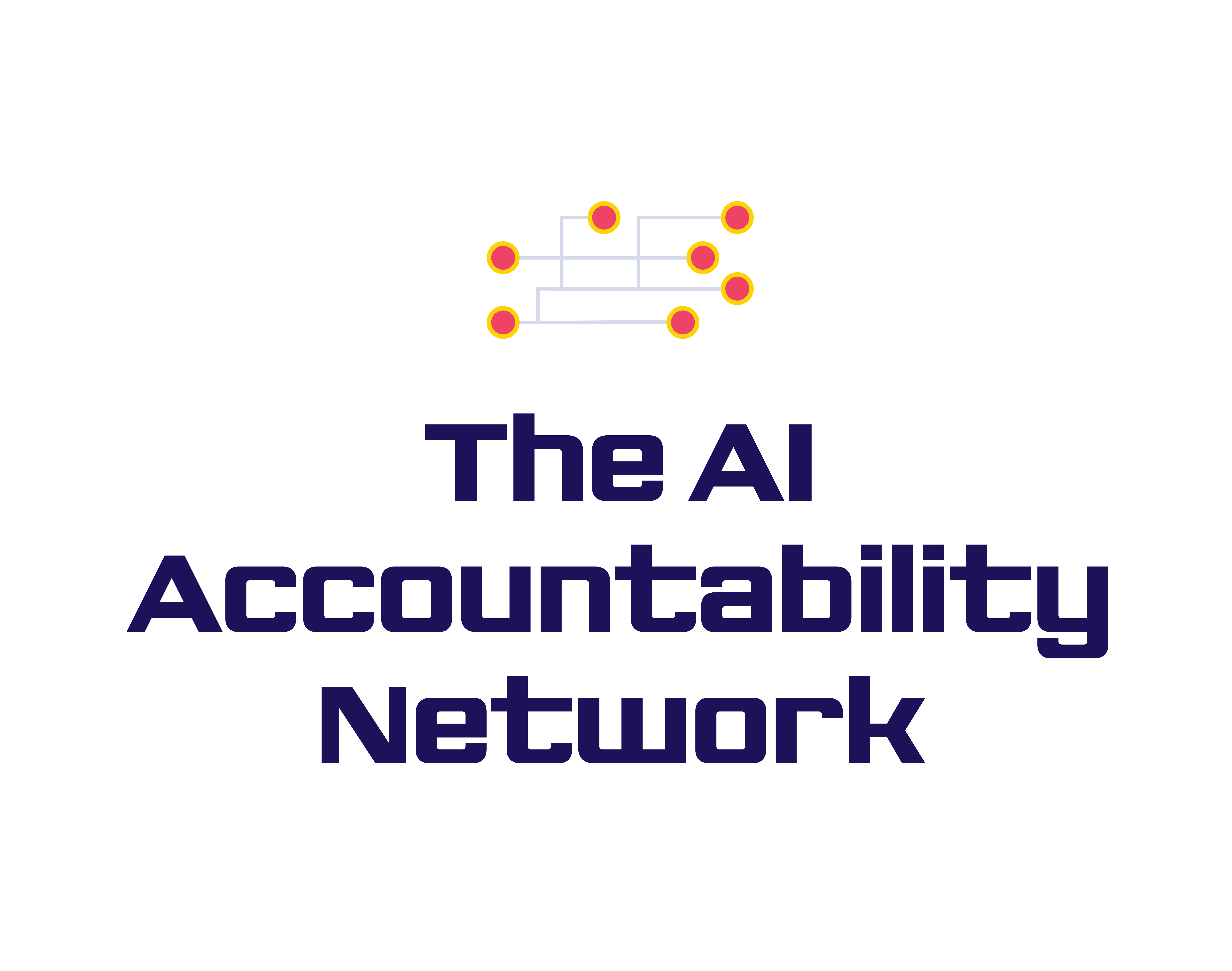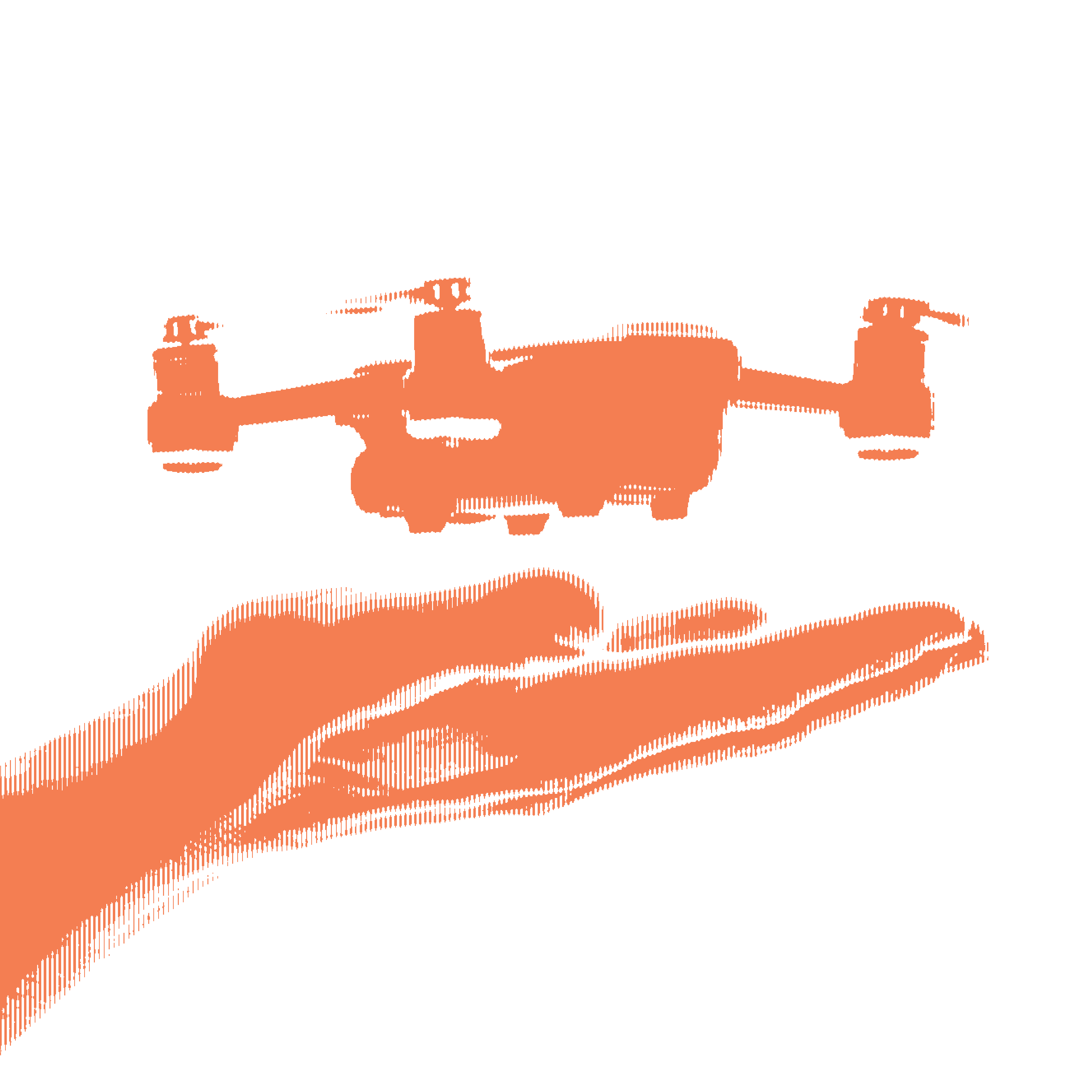In order to learn, artificial neural networks must be fed with data. This job of data collection, classification, and verification is done by low-paid workers—called micro-workers—on platforms such as Amazon Mechanical Turk, Appen, ClickWorker, and Microworkers.
There's a promise of freedom and meritocracy: The more you work, the more you'll get paid—in U.S. dollars. For Brazilians, it seems like a good opportunity. However, a recent study by UFMG and DipLab showed that, in Brazil, these workers spend many hours a day performing microtasks and are paid less than the world average: just $1.90 an hour.
Brazilian micro-workers perform tasks such as moderating feeds, classifying photos, transcribing audios, and even photographing things to train new technologies. The tasks are repetitive and, in many cases, unhealthy. The research shows that the majority of them are well educated women—with incomes lower than the Brazilian average. They spend many hours a day performing microtasks and, despite not being able to create labor associations, they end up organizing informal groups on WhatsApp.
Who are these intermediary companies that are often subcontracting people in Brazil—and who are the contractors? Political campaigns? Big tech? Who is benefiting—and profiting—from the underpaid work in Brazil? How the tasks are done and what kind of labor and human rights violations occur during this work? What are the effects of this new workforce in social and political aspects?
This investigation takes a close look at this underground workforce, following the long chain of outsourced and precarized workers.






